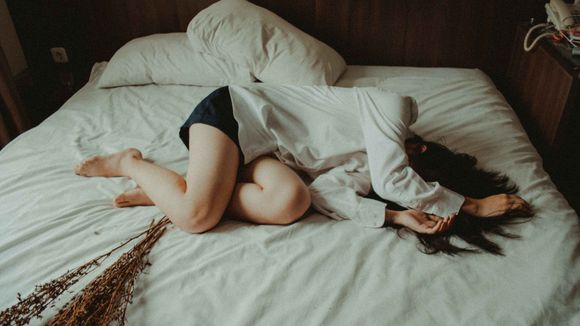1. What is ovarian hyperstimulation syndrome?
In both mentioned types of ARTs, ovulation is stimulated to obtain a larger number of oocytes (eggs), which will provide a higher number of embryos later after fertilization. Both types of assisted reproductive technologies require the intake of hormones or medications by the female in order to stimulate ovulation. Gonadotropins- follicle-stimulating hormone (FSH) and lutenizing hormone (LH), or medications such as clomiphene citrate and letrozole are most commonly used [ref. 1]. Although useful for stimulating egg production, medications taken during ART therapy could also be associated with ovarian hyperstimulation syndrome. This condition is temporary, usually lasting for 2 weeks [ref. 2] . Here are some of the symptoms of this syndrome caused by increased levels of estrogen and progesterone [ref. 3] :
- headaches
- abdominal pain/swelling
- nausea/vomiting
- diarrhea
- hot flushes
- sudden mood swings
In rarer cases, ovarian hyperstimulation syndrome can proceed with more severe symptoms:
- severe abdominal pain
- decreased frequency of urination
- breathlessness (tachypnea)
- sudden weight gain
- increased heart rate (tachycardia)
2. Treatment of ovarian hyperstimulation syndrome
With proper treatment, the symptoms of ovarian hyperstimulation syndrome can be managed without any effects on pregnancy. Standard painkillers are used to relieve malaise that is caused by the mild form of ovarian hyperstimulation [ref. 3]. For the abdominal discomfort, painkillers such as paracetamol (acetaminophen/tylenol) can be taken [ref. 2]. It is important to avoid taking ibuprofen or naproxen sodium, as they may interfere with the implantation of the embryo in the uterus.
In severe cases of ovarian hyperstimulation syndrome, stronger painkillers and antiemetics are used to prevent vomiting [ref. 3]. Prescriptions include cabergoline or Gonadotropin-releasing hormone antagonist, which reduces the function of the ovaries, therefore reduces the symptoms [ref. 2]. The drug letrozole also aids relieving the symptoms of the disease. Daily consultation with a medical practitioner and conducting tests to monitor fluid retention, weight gain, haematocrit levels, electrolytes and serum creatinine [ref. 3] are mandatory.
3. Herbal treatment
Some types of herbs have a proven positive effect on stimulating a more balanced mood, therefore they would be useful for the mood swings associated with the mild form of ovarian hyperstimulation. It is important to note that prescribing herbs is not a licensed profession, but herbal suppliers and some doctors are certified for carrying out this activity [ref. 4] . Before taking any herbs, it is important to always consult with the supplier, since some types of herbs have a negative effect on pregnancy.
The results of a scientific study show that symptoms of ovarian hyperstimulation syndrome can be treated more effectively by combined intake of standard Western treatment with Chinese herbal drugs, including ginseng, remania, offia and others [ref. 5] .
Examples of herbs helping with abrupt mood swings are:
- St. John's wort
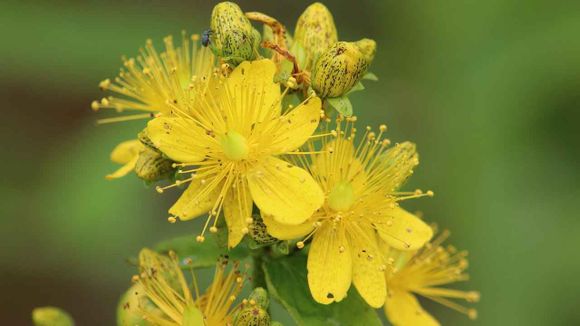
St. John's wort, which is usually used to relieve menopausal syndromes, acts as an antidepressant and relieves psychological symptoms such as sudden mood swings [ref. 6] . Also, results of another scientific study involving 100 middle-aged women who suffered from hot flushes demonstrated significant symptom relief after 8 weeks of daily intake of St. John's wort [ref. 7] .
- Passion flower
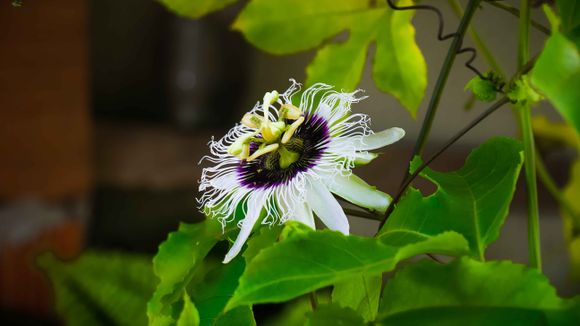
Passion flower is a herb, found as 500 different species. The herb aids promoting of a more balanced mood and its effect can be strengthened by a combined intake with St. John's wort and valerian [ref. 8] .
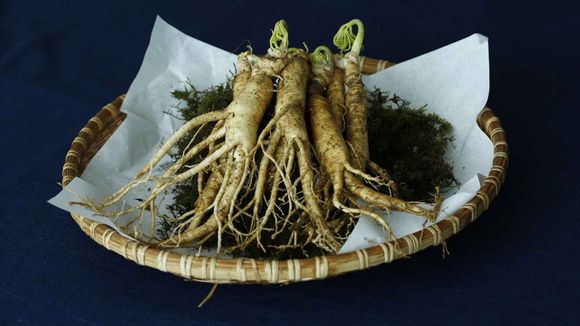
Ginseng is an antidepressant known worldwide that increases the quality of life and stimulates good mood [ref. 8]. A scientific study involving 8-week daily intake of a 250 milligrams of ginseng demonstrated that this herb leads to an improved mood and increases quality of life.
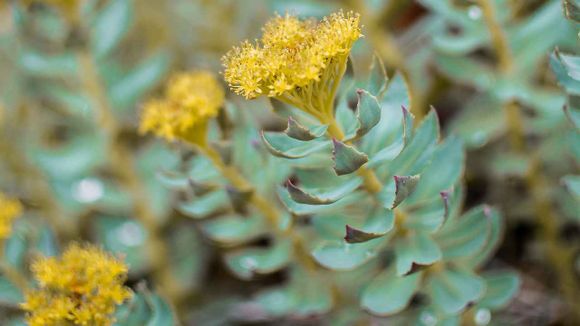
Rhodiola Rosea is another herb known for its natural antidepressant properties. Daily intake of the herb for a period of 14 days by patients suffering from a mild form of anxiety lead to a significant improvement in mood [ref. 9] . Reduced levels of stress, anxiety, anger, confusion and depression were observed after the two-week intake of the herb.
